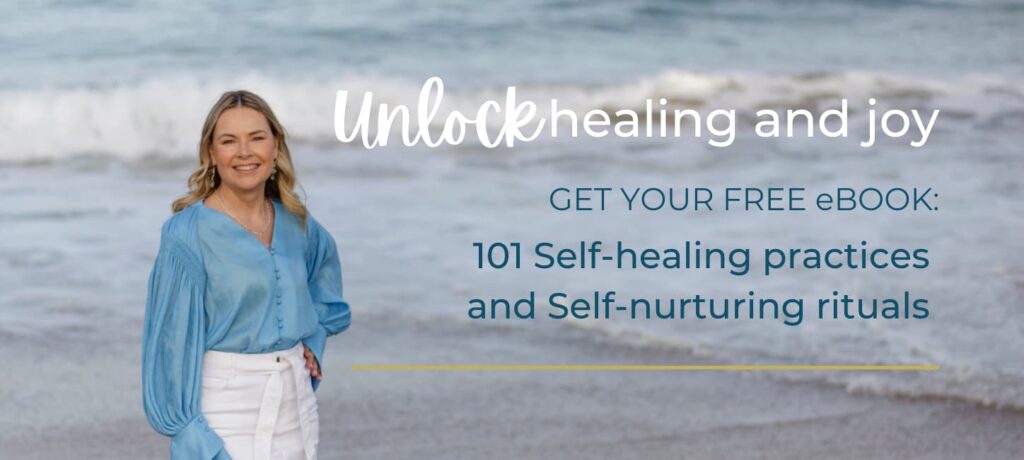You’re not burnt out. You’re not sick. But you don’t feel quite like yourself either.
You might be sleeping okay, eating well, and “doing the right things,” yet still finding yourself feeling tense, unsettled, distracted, or unusually emotional. If that sounds familiar, you could be experiencing something that health professionals are calling subclinical anxiety.
What is Subclinical Anxiety?
Subclinical anxiety refers to mild but persistent symptoms of anxiety that don’t meet the threshold of a formal diagnosis—but are still very real and affect your quality of life. You might not be having panic attacks, but you may feel:
-
Emotionally sensitive or reactive
-
Foggy-headed or unfocused
-
Tired but wired
-
Constantly “on edge”
-
Disconnected from joy or motivation
And you’re not alone. More people than ever are reporting this exact experience.
Let’s take a look at some hidden causes and, more importantly, what you can do to support yourself.
Common Causes of Subclinical Anxiety (That Might Surprise You)
🌱 Gut Health & Diet
Did you know your gut sends seven times more signals to your brain than the brain sends to the gut? If your digestion is off, your mental and emotional clarity will be too. Things like sugar, food intolerances, and poor gut flora can subtly influence your mood.
💧 Hydration & Cellular Health
It’s not just about drinking water—it’s about absorbing it. As we age, our cells become less permeable, making it harder to stay hydrated at a cellular level. This can lead to brain fog, fatigue, and anxiety-like symptoms.
🌸 Hormonal Fluctuations (Especially in Perimenopause)
Hormones have a huge influence on the nervous system. As they shift, your tolerance to stress can drop. Supporting your body gently with movement (especially walking in nature) can help regulate mood and energy levels.
🎯 Vagus Nerve Dysregulation
The vagus nerve is your body’s “calm switch.” If it’s not functioning well due to stress, trauma, or tension, your body can stay in a heightened, anxious state. Breathwork, sound therapy, and energetic balancing can help restore this connection.
🧬 Emotional Conditioning from Childhood
Our reactions are often not “us,” but our programmed responses from childhood. These deep-seated emotional patterns live in the nervous system and affect how we cope with life today.
🔮 Taking On Other People’s Stress
Are you unknowingly absorbing other people’s emotions? If you’re energetically sensitive or have certain open centres in Human Design (like the Root or Spleen), you could be taking on anxiety that doesn’t even belong to you.
How I Can Support You Holistically
As a practitioner who blends energy work, psychology, and intuitive technology, I offer multiple pathways for clearing these subtle but deeply impactful stressors.
✨ AO Scan Technology
A non-invasive tool that uses sound and frequency to balance emotional stress, support your vagus nerve, and help you come back into a calm, grounded state.
✨ Psycho Emotional Trauma Work
My specialist training combines psychology and kinesiology to gently identify and rewire subconscious childhood patterns that still shape your responses today.
✨ Kinesiology
This powerful modality helps pinpoint the root causes of your anxiety—be it nutritional, structural, emotional, or energetic—and bring the body back into alignment.
✨ Hypnotherapy
By working with your subconscious mind, hypnotherapy can help you reframe limiting beliefs, ease anxiety, and support long-term emotional resilience.
You Don’t Have to Just “Cope” Anymore
It’s easy to think we just need to push through. But you’re allowed to feel calm. You’re allowed to heal. And you’re allowed to have support that meets you where you’re at.
If you’re ready to feel clearer, more grounded, and more connected to your true self, I’d love to work with you.
👉 Click here to book a session or reach out to see what support would suit you best.
With care, calm and clarity,
Anne Barratt
Empowering Health


